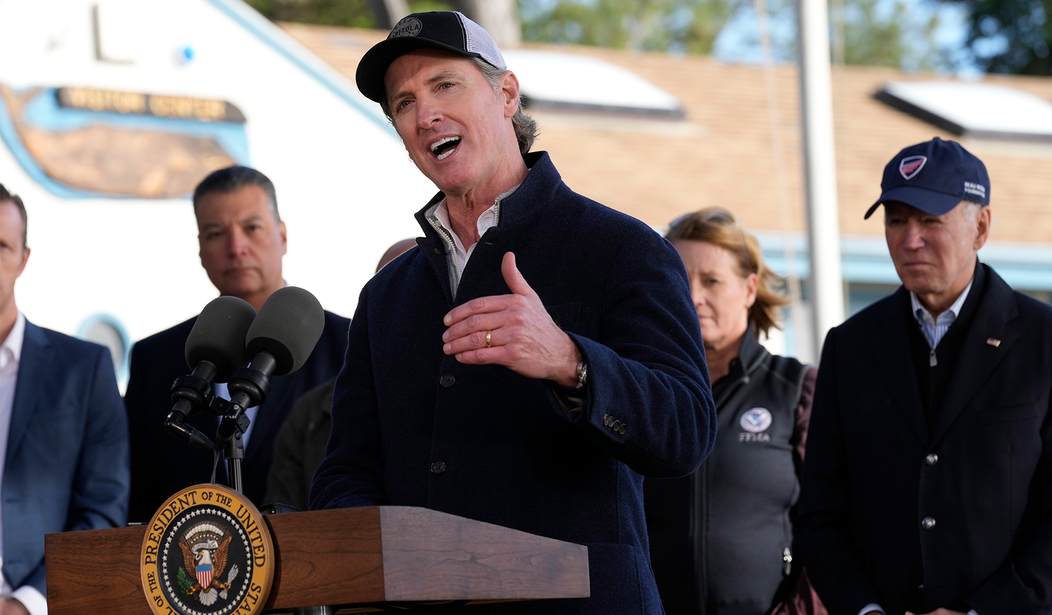Black residents in California no longer have to wait for the report on reparations. It’s here. Released in late June, the proposal is a hybrid between how the state can accommodate those victimized by slavery and institutional racism, though it’s also chock full of social programs. Is it a report or a new appropriations bill? It’s also 1,100 pages long. NBC News added that the key factors determining black residents’ eligibility for reparations will be “health harms, mass incarceration and over-policing, housing discrimination, unjust property takings, and devaluation of businesses.”
The average sum an eligible Black Californian could receive is $ 1 million, but that figure is not solid, subject to adjustments in the formula. Should this proposal become law, the California Legislature would have the herculean task of collecting data on any potential beneficiary and figuring out the dollar figure. The problem that some have with this report and the proposed formula is that it will take time. Some want their money right now (via NBC News):
The document … coming in at nearly 1,100 pages, offers a comprehensive look at ways the U.S. and California wronged descendants of enslaved Black people through racial terror, political disenfranchisement, unequal housing and educational opportunities, and environmental racism, among other harms. It also offers suggestions for issuing a formal apology and implementing a curriculum based on the task force’s findings.
[…]
In short, those first in line for monetary compensation would be people whose ancestors were enslaved in the U.S. or were free Black people living in the U.S. before 1900.
The chair of the reparations task force, Kamilah Moore, a reparatory justice scholar and attorney, wrote on Twitter about how the report’s release Thursday coincided with the Supreme Court’s divisive decision to strike down race-conscious college admissions.
“Our reparations recommendations are not race-based, but rather are based on lineal descent,” Moore wrote.
[…]
The ball is now in the California Legislature’s court.
The task force provided more than 115 recommendations for “critically needed law and policy reforms” that redress the persistent harms to the Black community from slavery and systemic racism.
Lawmakers will review the recommendations and have the authority to adopt, dismiss or adjust them. Whatever they decide must be approved by both houses before it will be presented to Gov. Gavin Newsom to sign into law.
[…]
It’s unclear if payments will even be issued, since such a compensation program would need to be passed by the state Legislature and approved by Newsom.
The financial compensation part of reparations is a concern, evident by a woman yelling during the hearing: “It’s my money, and I want it now.”
“I’m 78,” another member of the audience said during the public hearing section of the news conference Thursday. “I don’t want to wait anymore.”
Recommended
California is a left-wing cesspool, but state lawmakers sometimes gravitate toward pragmatism. You’d think that as liberal as this state is regarding its politics, Sacramento would try establishing a single-payer healthcare system for its residents. They tried and failed in 2017, tabled by California Democrats because the costs were astronomical. Maybe that will happen with this proposal on reparations.

























Join the conversation as a VIP Member